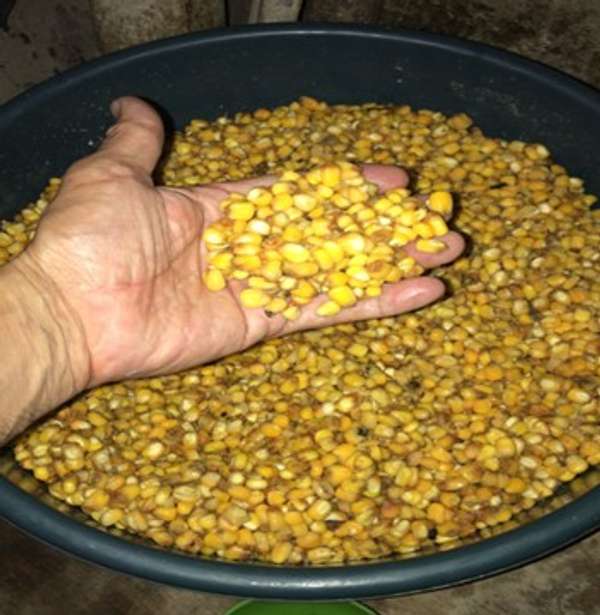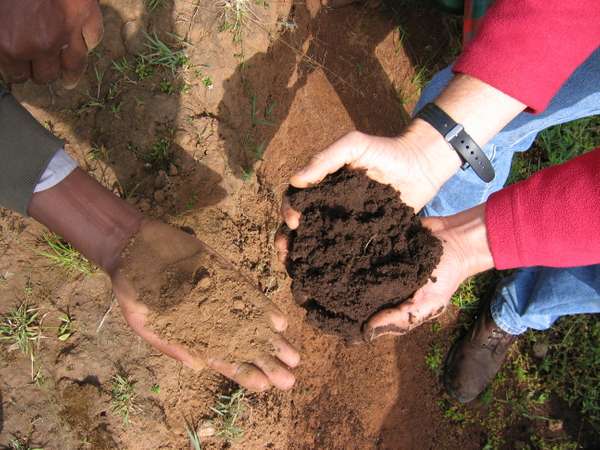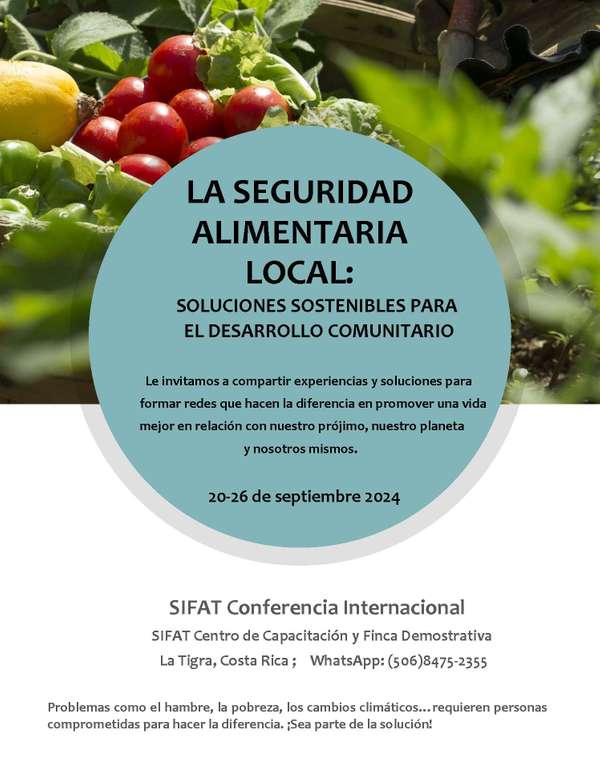Thông Tin Cộng Đồng ECHO
Speaker Highlight: Robert Morris/Registration Closing Soon 2024-10-08
Robert Morris
Senior Manager for Program Innovation, HOPE International
Robert Morris serves as the Senior Manager for Program Innovation at HOPE International. In his role, he works alongside their global team to develop creative strategies and solutions to pressing and complex challenges in their network. In 2020, Robert led the launch of HOPE International’s first regenerative agricultural trainings through savings groups and since then, more than 25,000 farmers in 6 countries have been trained to apply regenerative farming principles alongside saving and borrowing from their groups. Robert is passionate about the intersection of faith, business, and development work and how we can harness agriculture as a tool to share the Gospel.
Presentation Title: Growing your garden together: How savings and agriculture can combine to multiply impact
November 12-14 | Fort Myers, FL
Registration for conference closes October 19th!
Book your hotel room by October 18th for the group rate!
Vỏ Trấu Cà Phê Làm Thức Ăn Bổ Sung Cho Bò Sữa 2024-10-03
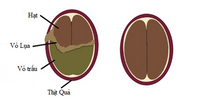 Bài viết này tổng kết nghiên cứu do Nhân viên ECHO Châu Á thực hiện tại Nông Trại Bò Sữa MMM. Mục tiêu nghiên cứu là thay thế một phần thành phần chất xơ mua về trong thức ăn bò sữa bằng vỏ trấu cà phê miễn phí và đánh giá các tác động đến sản lượng sữa.
Bài viết này tổng kết nghiên cứu do Nhân viên ECHO Châu Á thực hiện tại Nông Trại Bò Sữa MMM. Mục tiêu nghiên cứu là thay thế một phần thành phần chất xơ mua về trong thức ăn bò sữa bằng vỏ trấu cà phê miễn phí và đánh giá các tác động đến sản lượng sữa.
Việc thêm một lượng giới hạn vỏ trấu cà phê vào khẩu phần thức ăn cho bò sữa có tiềm năng giảm chi phí cho người chăn nuôi bò sữa và tạo ra thị trường cho một phụ phẩm thải của cà phê. Kết quả của chúng tôi chỉ ra rằng có thể sử dụng tới 1 kg vỏ trấu cà phê cho mỗi con bò sữa để bổ sung chất xơ hàng ngày mà không ảnh hưởng tiêu cực đến chất lượng sữa hay sức khỏe vật nuôi. Những con bò không chịu ăn vỏ trấu cà phê riêng lẻ, chỉ thích ăn chúng trộn với các thành phần khác trong thức ăn do trang trại sản xuất.
EDN #166 Now Available 2024-10-01
In this issue
- Nixtamalization
- Echoes from our Network: SIFAT Training and Inga Alley Cropping
- From ECHO's Seed Banks: Grain Amaranth
- Books, Websites, and Other Resources: Resilient Agriculture Toolkit
Nixtamalization
Robert Walle
Excerpt:
The high pH of lime and other alkaline compounds breaks down the seed hull and pericarp in grain, changing the starchy endosperm of the maize grains and helping to “pre-digest” nutrients, making them more available during digestion. Changes in the starchy endosperm make the dough, often called masa, easier to roll in making tortillas. A tortilla should be easy to fold and roll, and not split when eaten or filled.
ECHO Now Hiring: Central America & Caribbean Regional Impact Center Director 2024-09-24
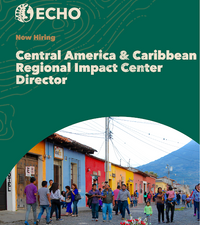 ECHO is excited to annouce that we are seeking to hire a Director for our Regional Impact Center (RIC) for Central America and the Caribbean (CAC). This RIC aims to strengthen the capacity of a diverse regional network to defeat hunger and improve lives through sustainable food and agroecosystem strategies. The objectives outlined in a prospectus, job description, and strategic framework for the region were developed in response to the unique needs of small-scale farmers in a region characterized by rapidly changing economic and environmental contexts. Essential duties and responsibilities of the postion include: developing partnerships, overseeing training events and technical support to CAC network members, ensuring follow-up to training events and monitoring, eevaluation, and learning, coordinating communication, and modeling servant leadership.
ECHO is excited to annouce that we are seeking to hire a Director for our Regional Impact Center (RIC) for Central America and the Caribbean (CAC). This RIC aims to strengthen the capacity of a diverse regional network to defeat hunger and improve lives through sustainable food and agroecosystem strategies. The objectives outlined in a prospectus, job description, and strategic framework for the region were developed in response to the unique needs of small-scale farmers in a region characterized by rapidly changing economic and environmental contexts. Essential duties and responsibilities of the postion include: developing partnerships, overseeing training events and technical support to CAC network members, ensuring follow-up to training events and monitoring, eevaluation, and learning, coordinating communication, and modeling servant leadership.
Job Description and Application
Responsabilidades esenciales y Aplicar
Speaker Highlight: Dr. Katrina Koehler 2024-09-17
Dr. Katrina Koehler
Professor & Researcher, Houghton University/ Los Alamos National Laboratory
Katrina Koehler received her PhD and MA in physics from Western Michigan University and did her undergraduate studies in mathematics and physics at Houghton University. She teaches physics, programming, and data science classes at Houghton University in Houghton, NY during the academic year and conducts research in nuclear safeguards at Los Alamos National Laboratory in Los Alamos, NM. She has a passion for reaching the unreached people groups and has adopted the Tamajeq as her primary focus.
Presentation Title: A Data-Driven Approach to the Great Commission.
November 12-14 | Fort Myers, FL
Faith & Farming for Community Engagement Workers: A LEAD Community of Practice Event 2024-09-10
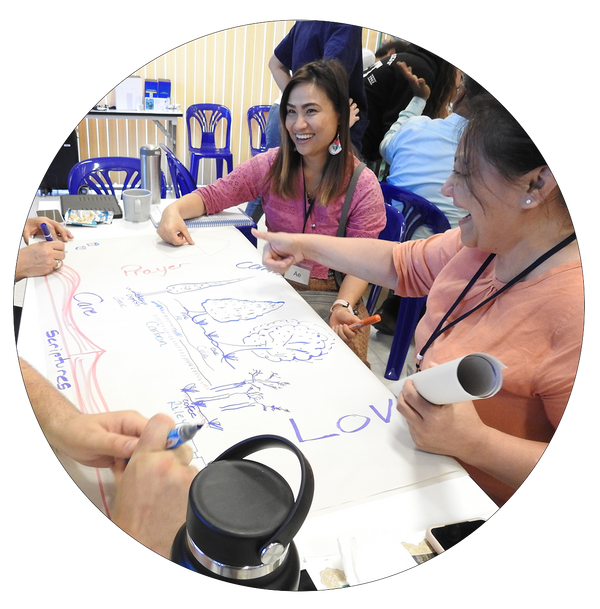 Join us in February for a collaborative training event with Faith and Farming and ECHO!
Join us in February for a collaborative training event with Faith and Farming and ECHO!
By the end of the event participants will have...
-
A basic understanding of the connections between Faith and Farming,
-
Understand the implications of working the land in a sustainable way,
-
Seen firsthand a selection of sustainable farming techniques demonstrated at the ECHO Global Farm,
-
Begun to plan what their next steps are for incorporating their learning into their own work and context.
For more details about this event click the link below. Early Bird rate ends September 28th!
ECHO Asia Introduction to Soil Science 2024-08-29
Are you interested to learn more about the basics of soil science? ECHO Asia put together an instructional series to help those starting in agriculture to get a deep dive into the basics of soils and the specifics of soils in the tropics! This 4 part training gives a broad overview and introduction to some basic soil characteristics: phases (solid, liquid, gas), texture, density, structure, reaction (pH), plant-water relationships, organic matter, biology, and nutrients.
La Seguridad Alimentaria Local: soluciones sostenibles para el desarrollo comunitario 2024-08-29
20-26 de septiembre, 2024 | La Tigra, Costa Rica
Le invitamos a compartir experiencias y soluciones para formar redes que hacen la diferencia en promover una vida mejor en relación con nuestro prójimo, nuestro planeta y nosotros mismos.
Problemas como el hambre, la pobreza, los cambios climáticos…requieren personas comprometidas para hacer la diferencia. ¡Sea parte de la solución!
Whatsapp: (506) 8475-2355
ECHO International Agriculture Conference Speaker Highlight: Erwin Kinsey 2024-08-20
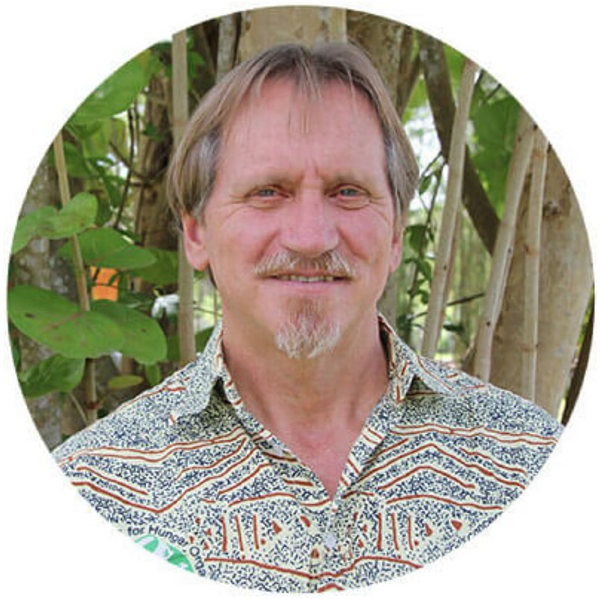 Erwin Kinsey
Erwin Kinsey
Director ECHO East Africa
Erwin Kinsey, ECHO East Africa Director, holds a BSc in Animal Science from the University of Vermont and MSc in Rural Development from the University of London School of Oriental and African Studies. He worked for 30-years with Heifer International in Tanzania assisting over 30,000 families with livestock and training, and pioneering in-kind credit whereby female livestock offspring and training were passed on to neighboring project farmers. For five years he directed the diversification of Global Service Corps Tanzania’s food security interventions and since 2012 has worked with ECHO to foster wider sharing of sustainable agriculture and food security innovations across the region.
Presentation Title: Best Practices in Promoting livestock Among the Poor
November 12-14 | Fort Myers, FL
EIAC Poster Invitation and Research Roundtable 2024-08-13
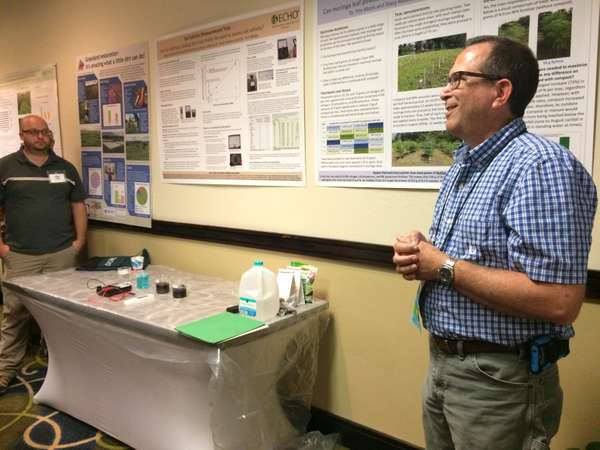 EIAC Poster & Research Roundtable Invitation
EIAC Poster & Research Roundtable Invitation
At this conference, there are several ways to share your experience and expertise with other conference delegates! Outside of sharing a breakout session or workshop, you can share your research, development project, or crop evaluations through a poster or through conference proceedings. Please see our Guidelines page for details and to submit your poster or proceedings abstract!
There will be a research roundtable on Monday, November 11th from 10 am to 3 pm for those interested in research and able to arrange their own transport to the farm. Let us know if you'd like to be a part of this event (no additional cost).

